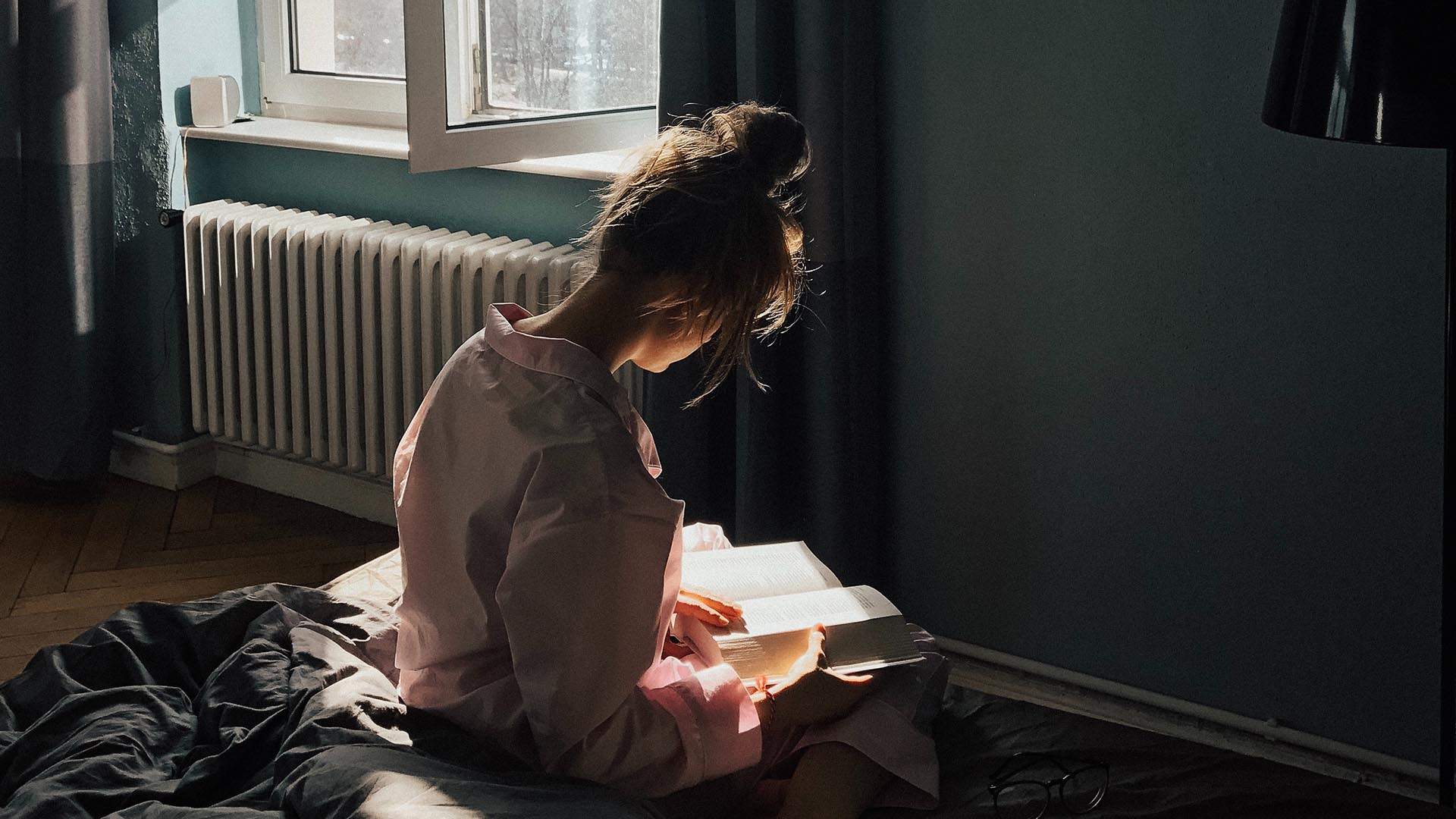The NSW Government Is Urging Sydneysiders to Avoid Contact with Other Households
"Please avoid contact with other households — please avoid visiting family and friends, because you are not allowed to," said New South Wales Premier Gladys Berejiklian.
Sydney's current COVID-19 outbreak isn't going away quickly, so much so that the region's lockdown — in Greater Sydney, the Blue Mountains, the Central Coast and Wollongong — has already been extended into a third week. In fact, the city keeps notching up significant new case numbers each day, with New South Wales Premier Gladys Berejiklian now urging folks to stay home, to take the current lockdown seriously, and to avoid contact with other households.
"Those numbers are too high. We need to get those numbers down. And I want to say in the most, strongest possible terms, please, please avoid contact with other households — please avoid visiting family and friends, because you are not allowed to," said the Premier at her daily press conference today, Thursday, July 8.
"When we talk about providing care or compassion, we are talking about one person visiting someone who might be isolated, dropping off essential services or goods," she continued. "We are not talking about visiting extended family members, we're not talking visiting friends. Data over the last few days shows this is how the virus is spreading. The saddest message out of all of that is that people with the virus are passing it on to those they love the most."
Folks currently under stay-at-home conditions in Sydney, the Blue Mountains, the Central Coast and Wollongong are only permitted to leave the house under certain circumstances: primarily to work and study if you can't do it from home; for essential shopping; for exercise outdoors in groups of ten or fewer; and for compassionate reasons, which includes medical treatment, getting a COVID-19 test and getting vaccinated. But New South Wales' list of reasons to leave home allows more leeway than residents of other states have received in their lockdowns — there's no exercise limit, curfew or travel limit, as Victoria has previously put in place, for instance — and, as the Premier noted, some of the permitted excuses to head out are being taken quite liberally.
Also speaking at the same press conference, NSW Chief Health Officer Dr Kerry Chant said that "it is incredibly important to again emphasise, yes, the orders permit certain activities, but what we are asking the community to do is please apply common sense." She advised that Sydneysiders and residents of the Blue Mountains, the Central Coast and Wollongong should think carefully about why they're leaving the house every time they go to venture out.
"If you are leaving your home, ask yourself you really need to leave your home. If you are going shopping, think about what you absolutely need, do the list, get in and out. This is not the time for browsing," Dr Chant said. "This is not the time for 'what I might need'. We are asking the community to only shop for those essential goods."
Wondering what the government means by 'essential'? Dr Chant offered further thoughts there, too. "The reason we haven't defied essential is because clearly, people may need blankets, rugs, school shoes, these are the sort of things that are defined as essential," she advised. "I have confidence in the New South Wales committee actually understands what we mean by essential. No browsing. No, 'I might need this in a few weeks time'. And whenever you can, shop online."
In the 24 hours to 8pm yesterday, Wednesday, July 7, NSW reported 39 new COVID-19 cases, with 38 of them acquired locally. The Premier noted that "18 of those were people who had been in isolation for the entire time, nine had been in isolation for part of the time, and unfortunately 11 we understand have been infectious for a number of days in the community."
As always, Sydneysiders are also asked to continue to frequently check NSW Health's long list of locations and venues that positive coronavirus cases have visited. If you've been to anywhere listed on the specific dates and times, you'll need to get tested immediately and follow NSW Health's self-isolation instructions.
In terms of symptoms, you should be looking out for coughs, fever, sore or scratchy throat, shortness of breath, or loss of smell or taste — and getting tested at a clinic if you have any.
To find out more about the status of COVID-19 in NSW, head to the NSW Health website. For further details about the status of COVID-19 in Victoria, check out the Victorian Department of Health website.





